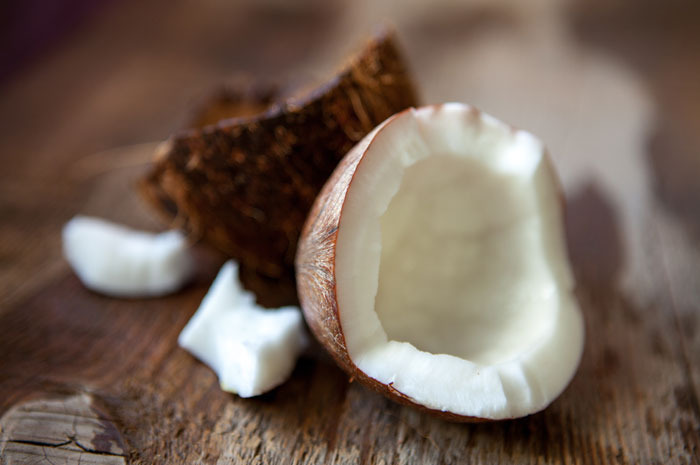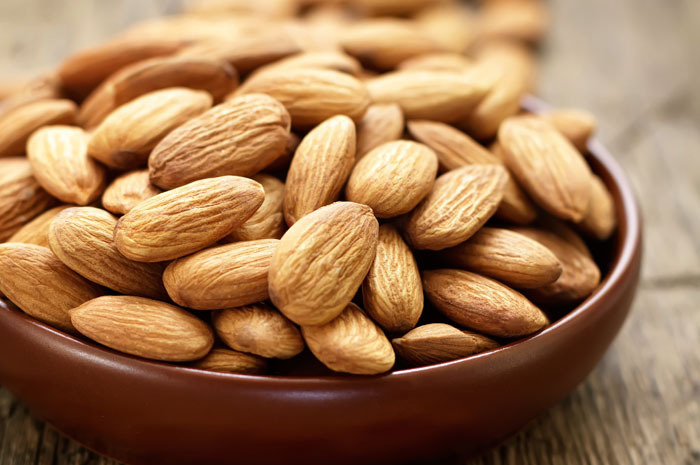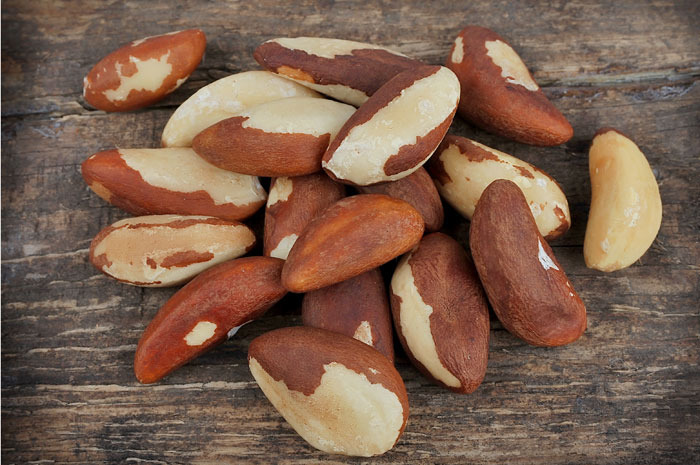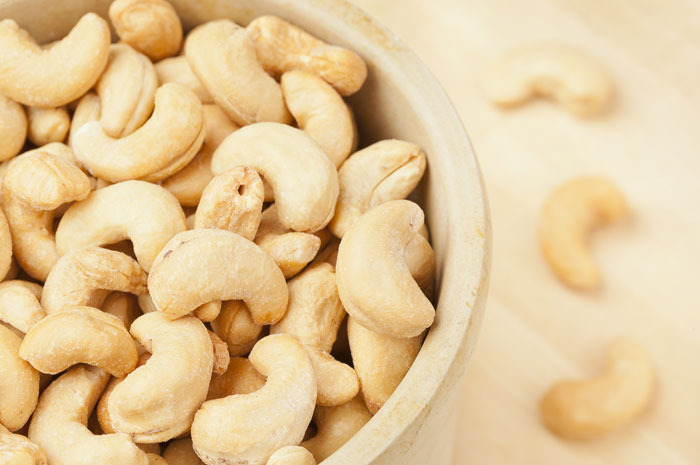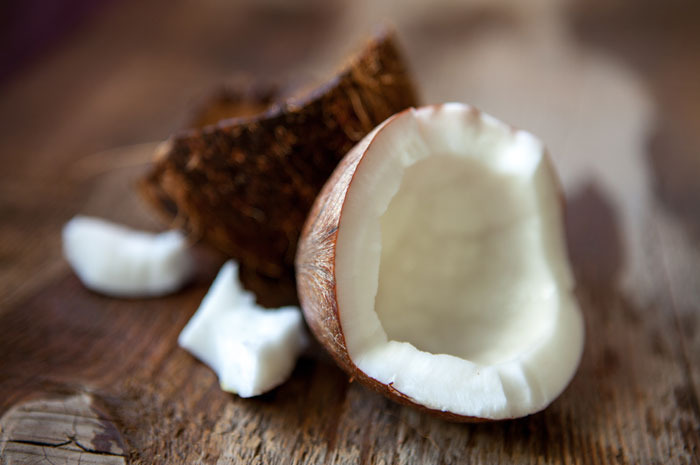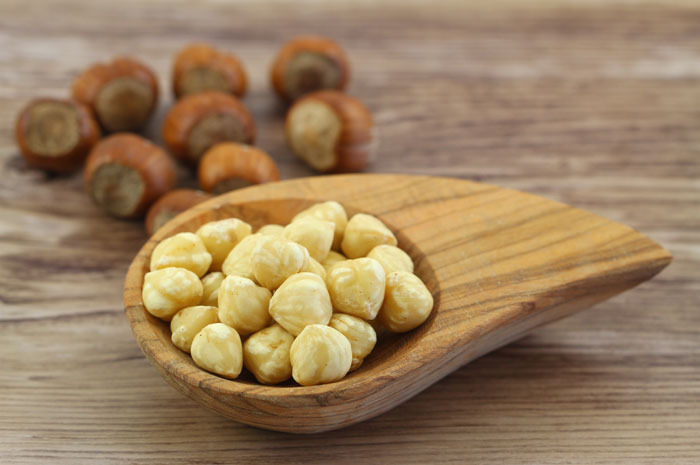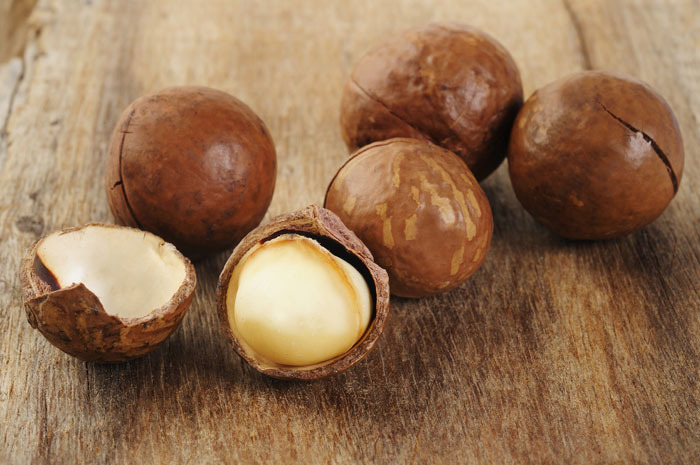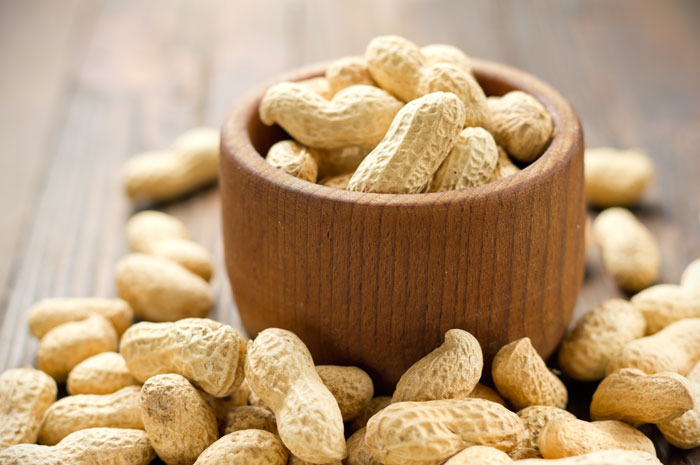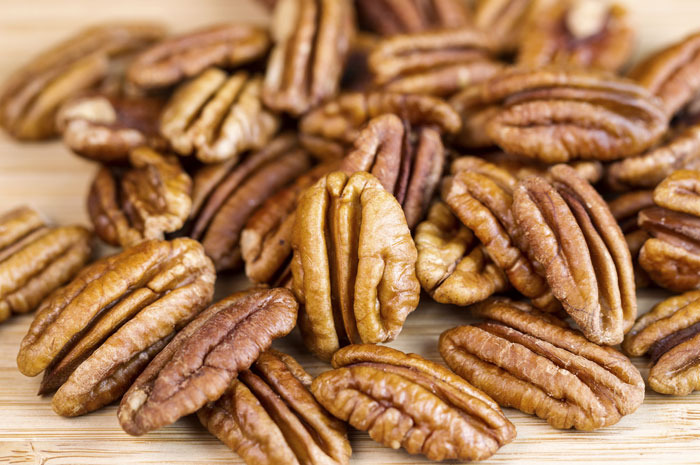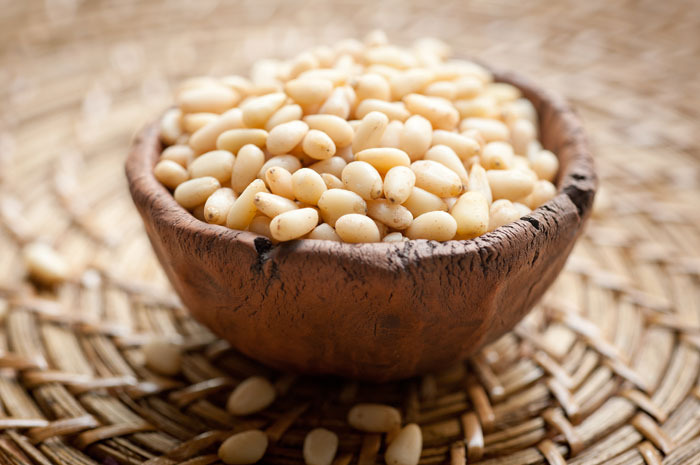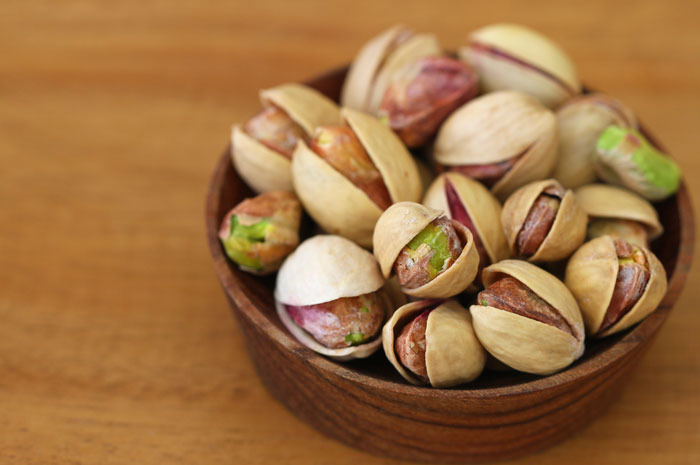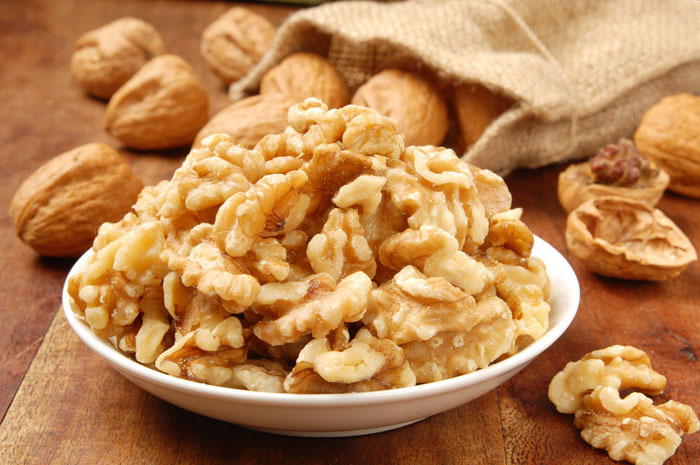Pecans, Walnuts, And Other Nuts That Are Good For Your Health
Nuts are a good source of many vitamins, minerals, and heart-healthy fats. Plus, they're packed with protein. Here are the ones you should be snacking on.
Almonds
Almonds are truly a superfood, and they're very tasty to boot. Almonds are loaded with fiber, magnesium, protein, potassium, calcium, and zinc. They can also improve both heart health and blood cholesterol levels. As an added bonus, almonds help you feel fuller longer and can help you avoid consuming unnecessary (and unhealthy) calories.
Brazil Nuts
Brazil nuts are high in selenium, which is believed to help protect again prostate and breast cancers, skin disorders, anxiety, and asthma and is crucial for thyroid health. Don't eat too many of these, though; eating Brazil nuts in large quantities may cause selenosis, also known as selenium poisoning. Thankfully, you only need one Brazil nut each day to get the recommended daily amount of selenium.
Cashews
Cashews are a great source of iron — they contain more than twice the iron in beef, ounce for ounce. They're also a good source of magnesium, calcium, vitamin B, zinc, folic acid, and vitamin E. They have less fat than some other nuts, too, so if you're looking for a lower-fat option, cashews are a good go-to.
Coconut
When you think of the word "nut," coconut probably doesn't come to mind first. Technically speaking, a coconut is a drupe (a one-seeded fruit with thin skin, thick and sometimes fibrous flesh, and a hard, stony pit) like walnuts, almonds, and pecans. Commonly referred to as a "tree nut," coconut is unlike other nuts because it contains saturated fat. But, the saturated fat in coconuts is different than the type found in other foods and isn't linked to heart disease. Plus, coconut can help improve blood cholesterol and bolster protein intake. Try sprinkling a small handful of unsweetened coconut flakes onto oatmeal, yogurt, or salads.
Hazelnuts
According to the UDSA, eating a one-and-a-half-ounce serving of hazelnuts every day helps reduce risk of cardiovascular disease. They are an excellent source of vitamin E and a great source of folate, too. Need a little extra fiber? Try hazelnuts; they have about 10 percent of your daily recommended fiber per handful.
Macadamias
Arguably the most delicious nut due to their crunchy, rich, and buttery flavor, macadamias contain more monounsaturated fats — remember, the heart-healthy fat — than any other type of nut. Eating macadamias can help reduce LDL cholesterol levels, which are known to clog arteries. But, be mindful of the high calorie and fat content; a one-ounce serving of macadamia nuts has about 200 calories.
Peanuts
Peanuts are rich in antioxidants, which help to protect cells from damage linked to heart disease and cancer. They're also good for keeping blood sugar levels even and can help protection against type-2 diabetes.
Pecans
Studies have shown that pecans can protect against Alzheimer's disease, cancer, and heart disease. And, since they are a good source of vitamin B3, they are the perfect choice if you're feeling lethargic — vitamin B3 helps us access the energy in our food.
Pine Nuts
Pine nuts may be high in fat and calories, but they will keep your heart healthy and can help keep your blood pressure down. Plus, they have more vitamin K than any other nut, which means they can help keep your bones strong.
Pistachios
Pistachios are known as "the skinny nut." They contain about three calories apiece, are low in fat, and high in fiber. A study from Pennsylvania State University reported that eating pistachios might even help prevent high blood pressure by reducing cholesterol levels in people who have cardiovascular risks.
Walnuts
Walnuts contain the highest concentration of antioxidants of any kind of nut, and studies have shown that eating them regularly can help reduce your chance of cardiovascular disease and protect against diabetes and certain cancers. They are also a great source of fiber, and they contain omega-3 fats, alpha-Linolenic acid, and plant sterols that are known to help lower cholesterol levels.
